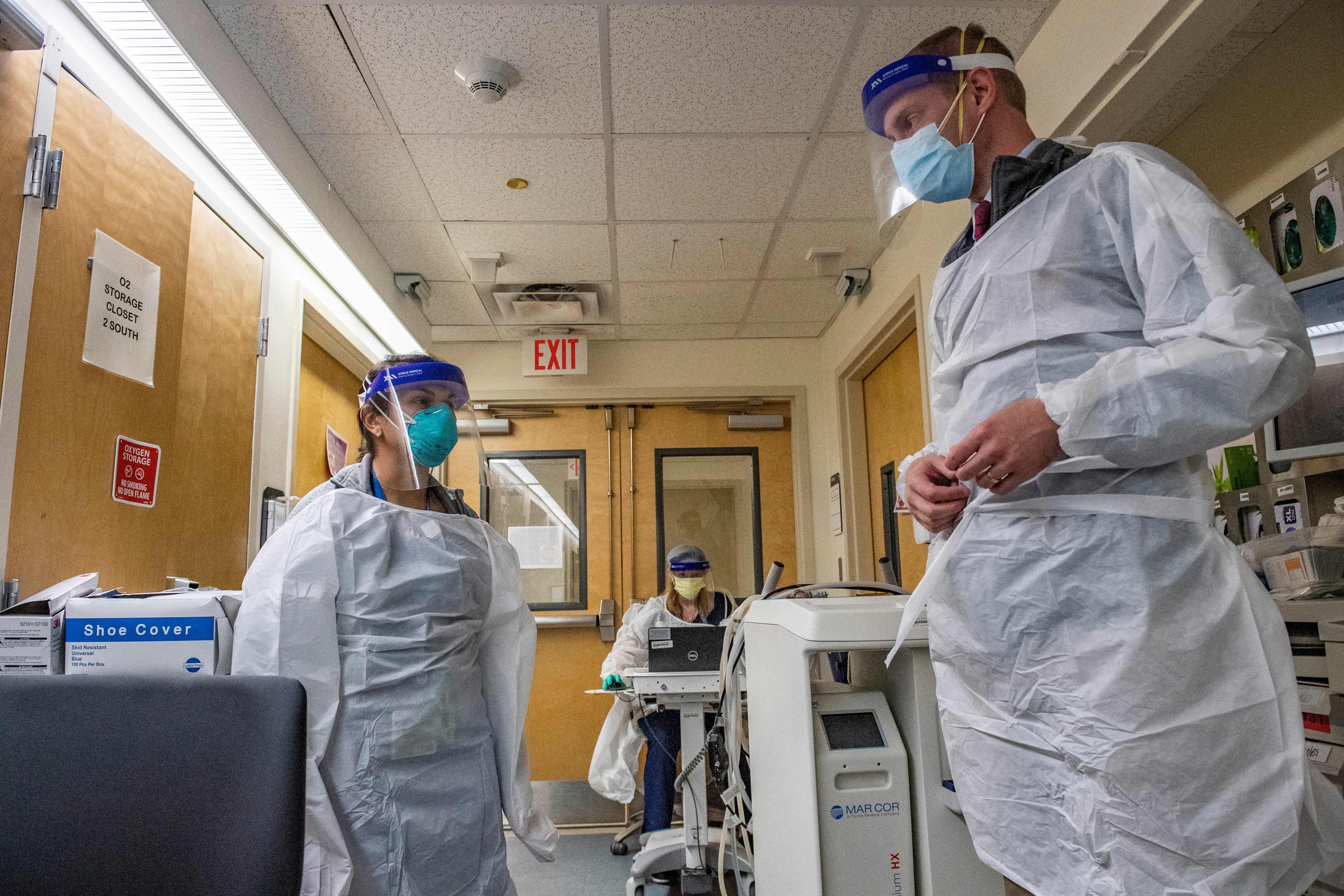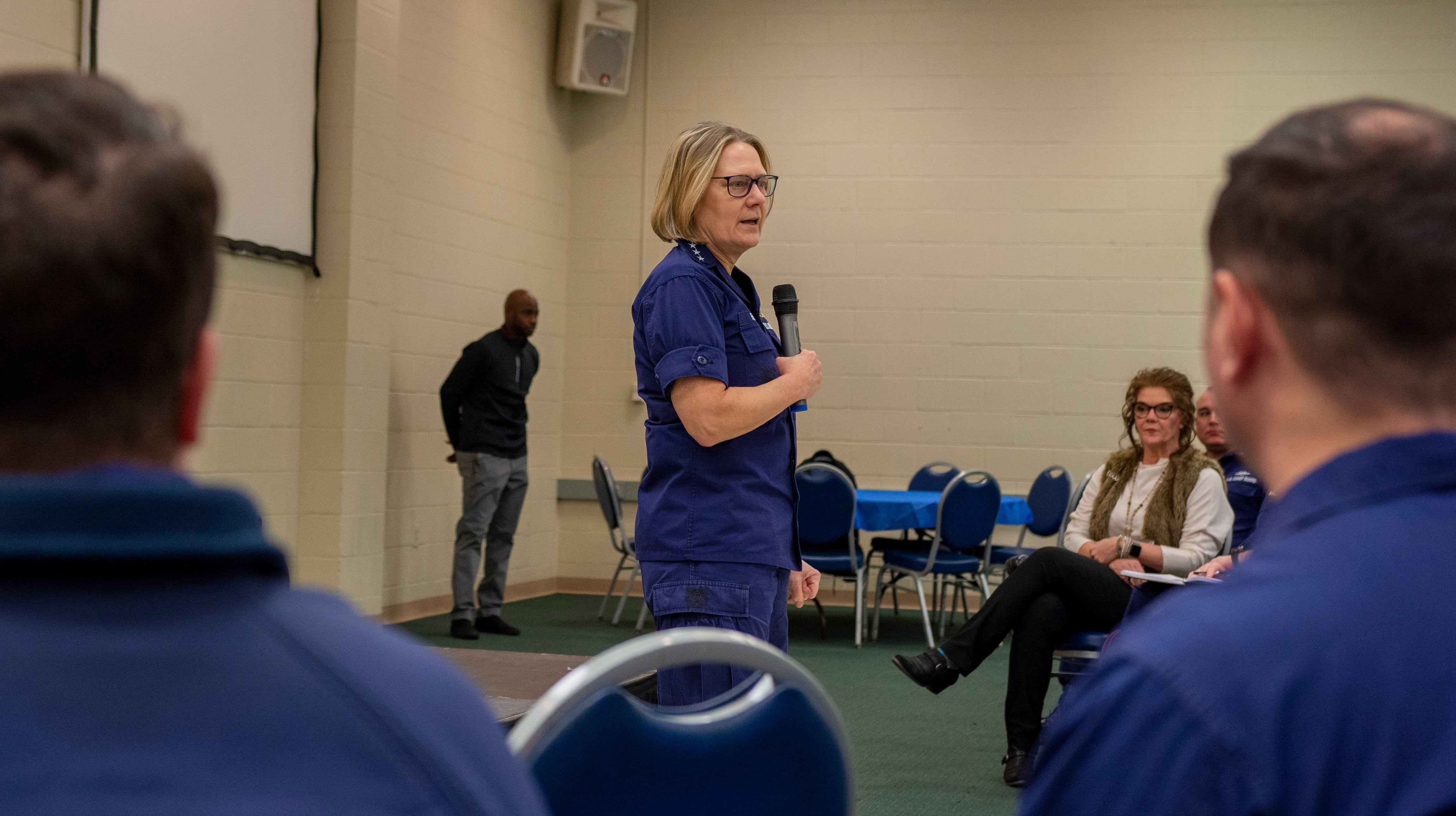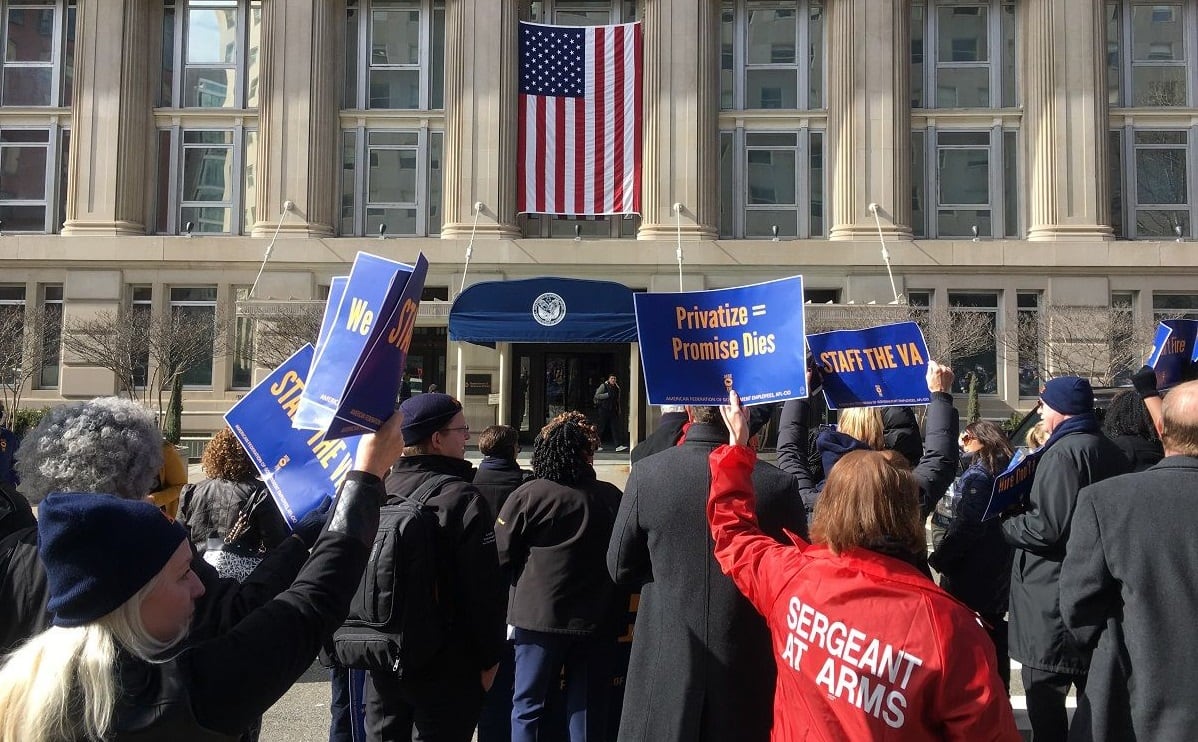WASHINGTON — A laboratory on the grounds of the Pentagon compound is among dozens of facilities that may have mistakenly received live anthrax, officials said Tuesday.
Officials suggested the Pentagon lab case may have happened several years ago, although the timing was unclear. Some labs around the country and in South Korea mistakenly received the suspect anthrax in recent months.
A comprehensive investigation has been under way since last week.
The Pentagon has struggled to keep up with the expanding scope of its investigation into where the potentially live anthrax was sent after it mistakenly left the Army's Dugway Proving Ground in Utah and why it was not detected earlier. A key question is why some portion of Dugway's anthrax samples were not rendered inactive, or dead, before sending them to research labs.
Earlier Tuesday, the Pentagon said it determined that possibly live anthrax was mistakenly sent to labs in Canada and Washington state, in addition to the numerous labs in the U.S. and abroad that were announced last week.
A Pentagon spokesman, Col. Steve Warren, said Canadian and Washington state authorities have been notified.
Patrick Gaebel, a spokesman for Health Canada, said Canada's National Microbiology Laboratory in Winnipeg, Manitoba, was told by the Pentagon that a test kit sent there in 2006 could possibly contain live anthrax bacterium. Gaebel said the kit was intended for the lab to validate its anthrax detection system. He said they've located the testing kit and have confirmed it has not been used for over five years.
"There is very low risk of illness and there have been no reports of illness among the staff," Gaebel said.
Donn Moyer, a spokesman with the Washington state Department of Health, said the anthrax was sent to InBios, a private lab in Seattle. Moyer said it was not opened and there was no exposure.
Another U.S. defense official said the suspect anthrax may also have been received at a lab on the grounds of the Pentagon, although not inside the building. The Pentagon Force Protection Agency uses inactivated anthrax to calibrate biological threat sensors, the official said, speaking on condition of anonymity because he was not authorized to discuss Pentagon security. The officials said it was unclear how recently the Pentagon agency received the suspect samples.
The anthrax was supposed to have been inactivated before being sent to labs across the U.S. for research but apparently was not.
Massachusetts state health officials said Tuesday that a private lab called IQuum, owned by Roche Molecular in Marlborough, Mass., received small amounts of active anthrax spores mistakenly delivered by the Defense Department. The sample was last handled at IQuum in July 2014 and has been frozen since then, state health officials said.
The Pentagon and the Centers for Disease Control and Prevention are investigating the scope and details of the anthrax shipments.
Warren said there is no known risk to public health.
___
Associated Press writer Robert Gillies in Toronto contributed to this report.





